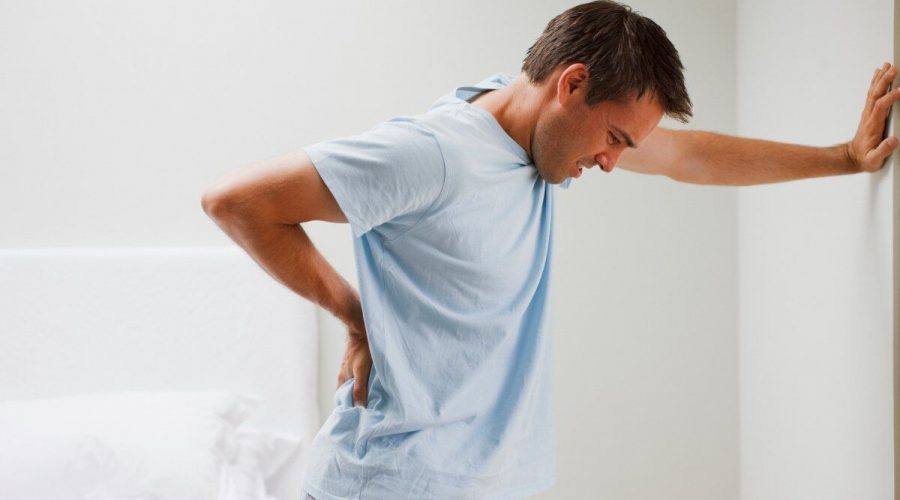Over half of Brits suffer regular pain – which impacts everyday activities

Millions of Brits are unable to exercise, sleep, or endure long journeys in the car – due to constant and debilitating pain. A study of 2,000 adults found 52 percent report some kind of regular, physical pain – such as back troubles, arthritis, or skin conditions.
Of these, 35 percent can’t comfortably exercise, and three in ten find it impossible to get a full night’s sleep.
Even walking up the stairs proves to be an almost impossible task for 23 percent, while a fifth need help getting up off the sofa.
Being away from home, attending long meetings, and enjoying a soak in the bath, are also a major feat for many.
Gareth Lucy, spokesman for hygiene and health company Essity, which commissioned the research, said: “It is staggering how many people feel unable to do everyday tasks, such as climbing the stairs or even walking, due to the pain they are experiencing.
“Our research revealed 18 different kinds of activities – some relatively stationary, such as reading or watching TV – which can be difficult for some.
“We were keen to highlight these issues to help raise awareness, and develop a level of understanding from those that might not realise what others are going through.”
The research found 44 percent of those with a condition, such as irritable bowel syndrome, diabetes, or peri-menopause, are affected daily, and the “average” sufferer loses up to three nights’ sleep every week.
Other tasks considered a real challenge for some include driving, eating, talking to others, and socialising.
And 56 percent admit they would rather not talk to others about their physical condition – with a fifth of those in employment refusing to let on to the boss or colleagues.
Saying “I’m fine” to others, even when the opposite might be true, is a common occurrence for 86 percent of sufferers.
Key reasons for remaining tight-lipped include wanting to forget about things as much as possible (45 percent), being thought of as incapable (41 percent), and being treated differently (38 percent).
But others simply don’t want to be thought of as old (34 percent), or be judged (32 percent).
Gareth Lucy, for Essity, added: “Everybody has a part to play.
“Those struggling with painful or debilitating conditions should know that help is out there, and they should feel confident enough to speak to a healthcare professional who can advise them on the right products and treatment.
“And for those fortunate enough not to live with a condition like this, we need to work to ensure places of work are equitable and inclusive, where there is understanding and support for those that need it.”
We use your sign-up to provide content in ways you’ve consented to and to improve our understanding of you. This may include adverts from us and 3rd parties based on our understanding. You can unsubscribe at any time. More info
Source: Read Full Article
